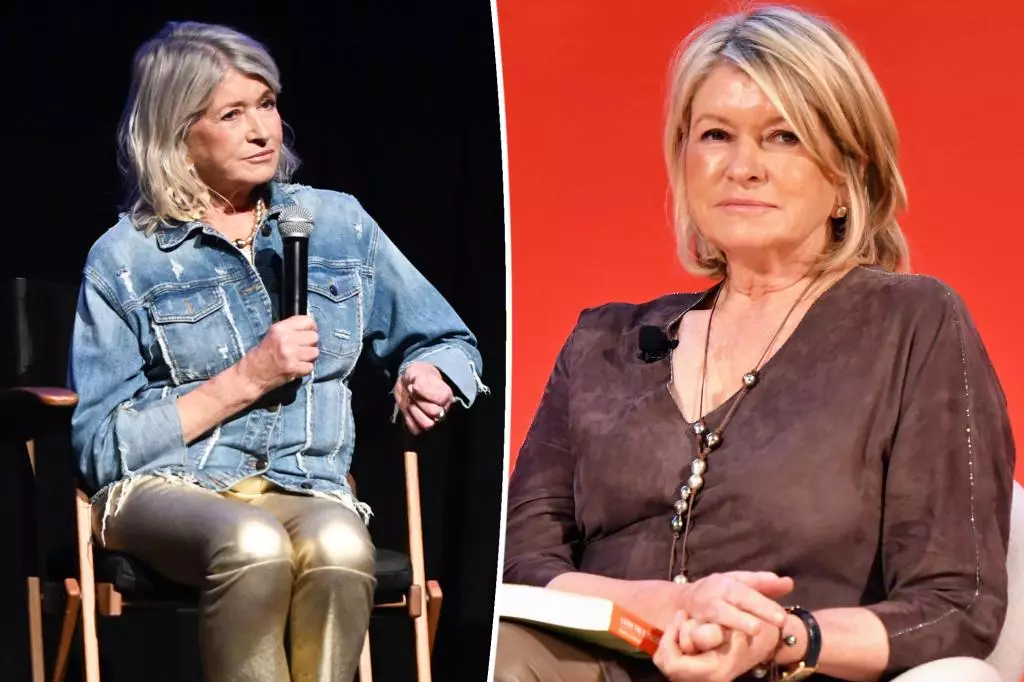In the realm of on-demand streaming, a notable incident is unfolding as Netflix finds itself at odds with one of its high-profile collaborators, Martha Stewart. The domestic icon recently ruffled feathers when she openly criticized her upcoming documentary, simply titled “Martha.” This sentiment didn’t just simmer in the background but escalated to public scrutiny, particularly after she was flown to the 2024 Telluride Film Festival on a private jet provided by Netflix, highlighting the tension that has developed.
Insider reports reveal a palpable frustration within Netflix regarding Stewart’s candid observations. According to a source close to the situation, “As you can imagine, Netflix is pissed.” These words underline the delicate relationship between Stewart and the streaming giant, both entities entwined in a complex dance of creative collaboration and public image. While one side seeks to market and monetize Stewart’s illustrious brand, the other is experiencing a somewhat unexpected backlash from her critical remarks.
Stewart’s disappointment stems from the portrayal of her life within the documentary, particularly its emphasis on her past legal troubles—events that she perceives as distortive. During a Q&A at the Retail Influencer CEO Forum, Stewart didn’t hold back, deeming the film “lazy” and stating it did not accurately represent her identity. This public critique raises questions about the creative control artists have over their narratives, especially when they engage with major platforms like Netflix.
The conflict also shines a light on the role of the documentary’s director, R.J. Cutler, who has an impressive portfolio that includes critically acclaimed works. According to Stewart, Cutler was unyielding in his creative choices, refusing to incorporate feedback into the film’s narrative. This might point to a larger issue in documentary filmmaking: the tension between artistic vision and the subject’s desire for a favorable representation.
Although Stewart has expressed disappointment concerning the film’s portrayal, including its handling of James Comey’s appearances, Cutler’s other notable documentaries have achieved significant acclaim. This irony reflects the complex dynamics inherent in documentary storytelling, where subjectivity often collides with artistic interpretation.
Despite the tumultuous unveiling of “Martha,” there appears to be a silver lining. Stewart hinted during the festival’s discussions that Netflix has expressed interest in her participating in another documentary project. This statement may be viewed as a glimmer of hope for both parties, suggesting that perhaps a more favorable collaboration could emerge from these rocky waters. The blend of her storied past and the modern storytelling techniques of streaming platforms presents a tantalizing opportunity for a reevaluation of Stewart’s legacy.
As “Martha” premieres on October 30, the attention garnered from this internal strife will likely influence its reception. Viewers may approach the documentary with heightened curiosity, eager to disentangle fact from fiction while observing the interplay of corporate interests and artistic integrity. Ultimately, this incident serves as a reminder of the intricate relationships between media outlets, documentary subjects, and the narratives crafted in the pursuit of telling a compelling story.

